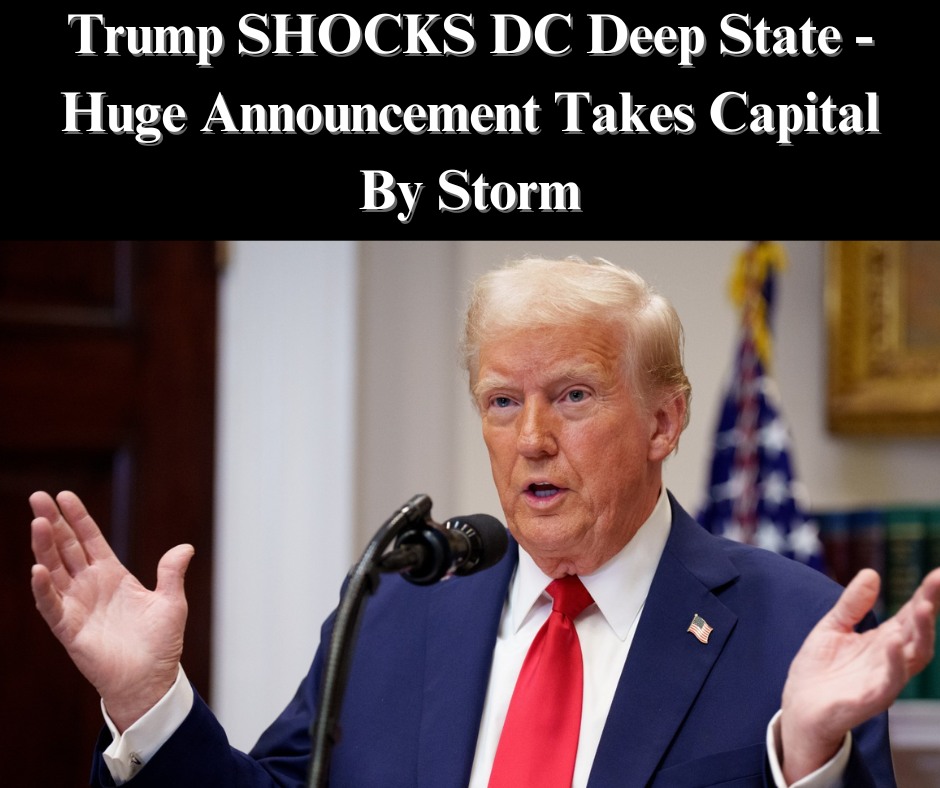President Donald Trump has declared that the reciprocal tariffs he plans to announce this week would apply to all countries, not just the 10 to 15 that have the largest trade imbalances.
Trump has declared Wednesday to be “Liberation Day,” and he plans to unveil a massive tariff plan on that day. In addition to raising tariffs on all Chinese goods, he has already placed tariffs on steel, aluminum, and automobiles, NBC News reported.
“You’d start with all countries,” he told reporters aboard Air Force One. “Essentially all of the countries that we’re talking about.”
Although he did not name them, White House economics adviser Kevin Hassett recently told Fox Business that the administration would target 10 to 15 nations with the worst trade imbalances with tariffs.
Trump views tariffs as a tool for negotiating better terms for the United States and a means of shielding the home economy from unfair international competition.
Real-time updates on the Trump administration: The president claims that all countries will be subject to reciprocal tariffs. But worries about a trade war are causing markets to tremble and raising the possibility of a U.S. recession.
Trump has pledged to match the duties imposed by countries that impose fees on U.S. exports and has stated that he will implement a series of reciprocal tariffs against those countries.
Trump signed a memorandum in February instructing U.S. trade officials to compile a list of specific countermeasures for each nation.
He hinted last week that he might reduce his reciprocal plans, possibly enacting tariffs in some circumstances at lower rates than those that other nations charge the US.
This comes as the British government is scrambling to secure a last-minute post-Brexit trade agreement with the United States to avoid—or at least soften—tariffs on European imports.
Since leaving the European Union in 2020, the U.K. has been pursuing a new trade deal with the U.S., though talks had largely stalled under the previous Conservative government. Current Prime Minister Keir Starmer of the Labour Party met with Trump at the White House in February and came away optimistic that a deal could be finalized.
“We’re engaged in discussions with the United States about mitigating the impact of tariffs,” Starmer said as the weekend approached.
Trump appeared to share that optimism, saying a “great” deal was on the table—one that could help the U.K. avoid the looming tariffs. Business Secretary Jonathan Reynolds recently traveled to Washington to continue negotiations, while Trump and Prime Minister Starmer spoke again by phone earlier this week to discuss the path forward.
Negotiations have ramped up ahead of April 2—dubbed “Liberation Day” by President Trump—when he is expected to unveil a sweeping package of reciprocal tariffs targeting several major trading partners, including the U.K. and the European Union.
While Trump has already imposed tariffs on imports from Canada, Mexico, and China, he has so far held off on penalizing the EU or the U.K., though he has repeatedly signaled that such action is likely.
“Am I going to impose tariffs on the European Union? Do you want the truthful answer, or should I give you a political answer? Absolutely,” the president told reporters back in January. “Absolutely. The European Union has treated us so terribly,” Trump added, reaffirming his longstanding concerns about the bloc’s trade practices.
Trump has signaled plans to impose steep tariffs on imported vehicles and auto parts, with additional tariffs on other goods likely to follow.
“We’re engaged in discussions with the United States about mitigating the impact of tariffs,” Starmer told reporters earlier this week. Finance Minister Rachel Reeves stated on Thursday that Britain would not seek to “escalate” trade wars. This stance contrasts with Canada and European nations, all of whom have vowed to “retaliate” despite already imposing tariffs on American goods.
For instance, the EU applies tariffs of 10 percent on American automobiles, while European cars entering the United States face only a 2.5 percent tariff.
